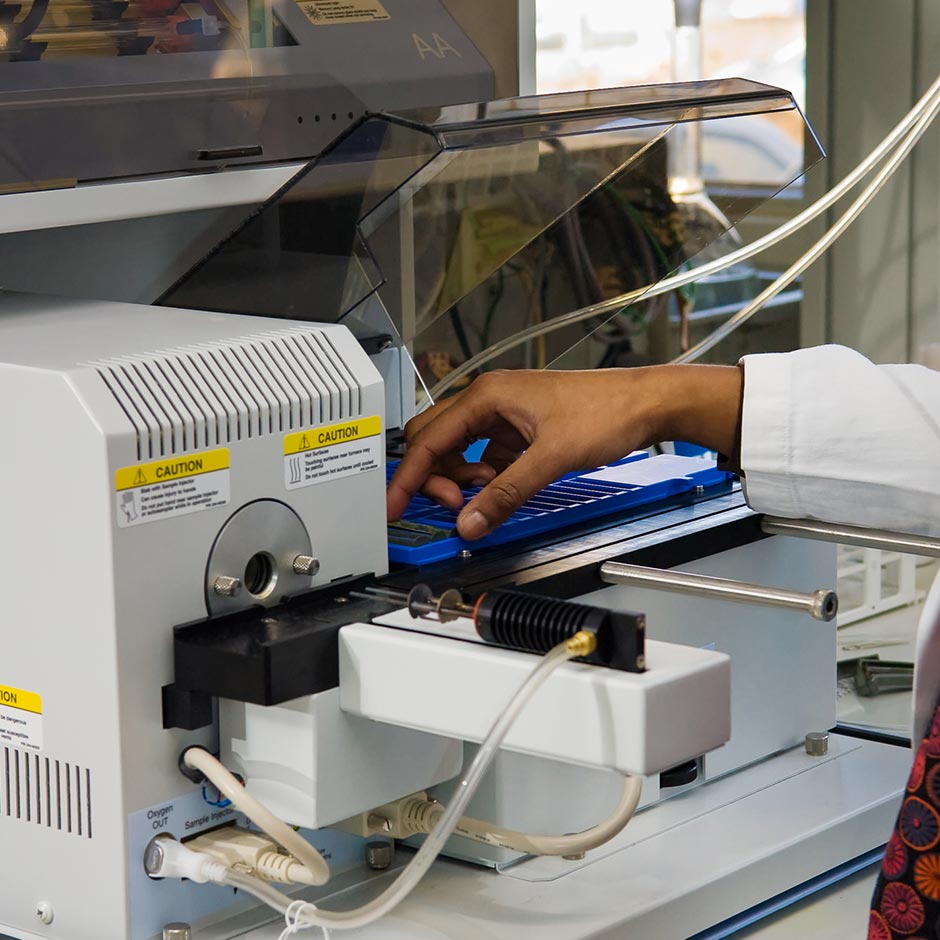New Method Could Help Diagnose Endometriosis in a Non-invasive Manner
Mar 24, 2017
The authors concluded that the study of proteins based on high-resolution mass spectrometry could be a non-invasive way of diagnosing endometriosis. They also noted that their results confirm endometriosis as a chronic inflammatory disease.
A new method of studying the proteins found in the cervical mucus could be a novel, non-invasive way of diagnosing endometriosis, suggests a study by Italian researchers.
According to the authors, the method based on a technique called high-resolution mass spectrometry might “reveal an array of proteins in [the cervical mucus], which might represent a molecular signature of endometriosis”.
For the study that was published in the scientific journal Clinical Proteomics, the team led by Dr. Riccardo Marana of the International Scientific Institute “Paul VI” collected cervical mucus samples from women with endometriosis and from healthy volunteers.
The researchers then isolated proteins present in cervical mucus and analyzed them using a machine called a high-resolution Orbitrap Elite mass spectrometer, which measures the characteristics of individual molecules. They then analyzed the data obtained using bioinformatics tools.
When they compared samples obtained from women with endometriosis and from healthy volunteers, the researchers saw that there were a number of proteins that were differentially expressed between the two types of samples.
For example, the level of six proteins was increased in the cervical mucus of women with endometriosis compared to that of healthy volunteers. Almost all of these six proteins were proteins involved in inflammation.
In contrast, the level of nine proteins was reduced in the cervical mucus of women with endometriosis. Some of these were proteins involved in local innate immunity and some in protection against oxidative stress.
Finally, 15 proteins that were detected in the cervical mucus of healthy volunteers were completely absent in the mucus of women with endometriosis. These included proteins involved in an antimicrobial activity and associated with fertility.
The authors concluded that the study of proteins based on high-resolution mass spectrometry could be a non-invasive way of diagnosing endometriosis. They also noted that their results confirm endometriosis as a chronic inflammatory disease.
One limitation of the study, the authors highlighted, was the use of fertile women as controls rather than patients with endometriosis-like syndromes but without endometriosis diagnosed by laparoscopy and tissue examination.
Currently, endometriosis is diagnosed using laparoscopy, where a thin lighted tube in inserted into the abdomen through an incision to look for any abnormalities in the pelvic organs.If any lesions are detected in this way, a biopsy is taken for further analysis. However, laparoscopy is an invasive method that requires general anesthesia and developed surgical skills, and although rare, it can cause complications during or after the operation. Several non-invasive markers have been proposed for the diagnosis of endometriosis in the past but none of these are available to be used in the clinic as yet.

